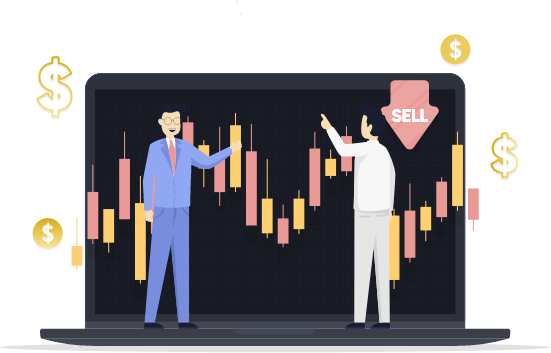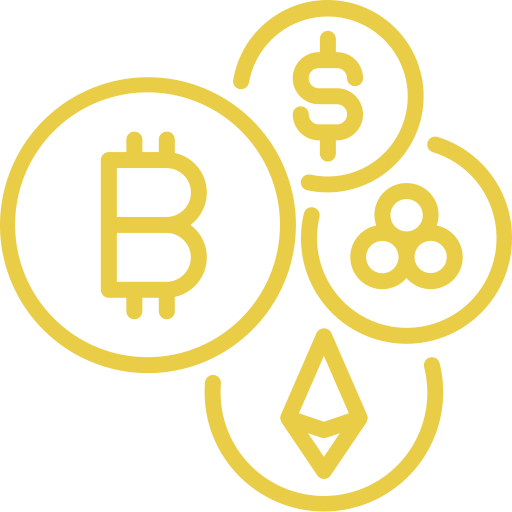NexoriaGlobal
Markets









Trading markets are the beating heart of global economic activity, bringing buyers and sellers together to trade an extensive spectrum of assets. Understanding commodities, foreign exchange (FX) and the ever-changing cryptocurrency landscape proves essential for making properly informed choices.

Commodities, or raw resources that power global businesses, are a physical component of the trading arena. Commodities represent the fundamental fabric of the contemporary world, from the energy giants oil and gas to the crucial agricultural components of wheat and maize. Trading commodities connects you to global supply and demand flow, enabling you to profit from price swings.

The foreign exchange market, sometimes known as forex, is a huge, globally linked market where people trade currencies five days a week, 24 hours a day. Motivated by political developments, investor disposition, and economic fundamentals, forex trading presents a unique opportunity to make sound predictions about the relative values of different currencies.

One of the main components of the trading environment is stocks, which are ownership shares in publicly traded corporations. Investing in stocks gives investors an equity stake in the company's success, with the possibility for capital growth as well as dividend income. Investing in stocks exposes investors to a wide range of sectors and businesses and provides them with a variety of investing options.

The digital tokens known as cryptocurrencies, which serve as the foundation for decentralized blockchain networks, have revolutionized the trading industry. These virtual currencies, like Ethereum and Bitcoin, provide unmatched security and transparency while functioning independently of central banks. Even though cryptocurrency trading is still relatively young, it has both immense potential and inherent risks.


Indices are used as benchmarks to assess the overall performance of a given industry or market. Indices offer a complete picture of economic trends and market sentiment by following an ensemble of equity investments. Trading indices offers diversified exposure, thereby reducing the risk associated with individual businesses.

Futures contracts are commitments that contract parties to the purchase or sale of an asset at a fixed price at a future date. These contracts are designed to make predictions about the state of the market and protect against price risk factors. Leverage is a feature of futures trading that enables traders to control a substantial amount of money with a very modest investment.
The complex terrain of trading markets necessitates the use of risk management techniques, expertise, and knowledge. Understanding the distinct features and dynamics of each market is crucial for making wise decisions, whether investing in commodities, currency, stocks, cryptocurrencies, Indices, shares, or futures.
